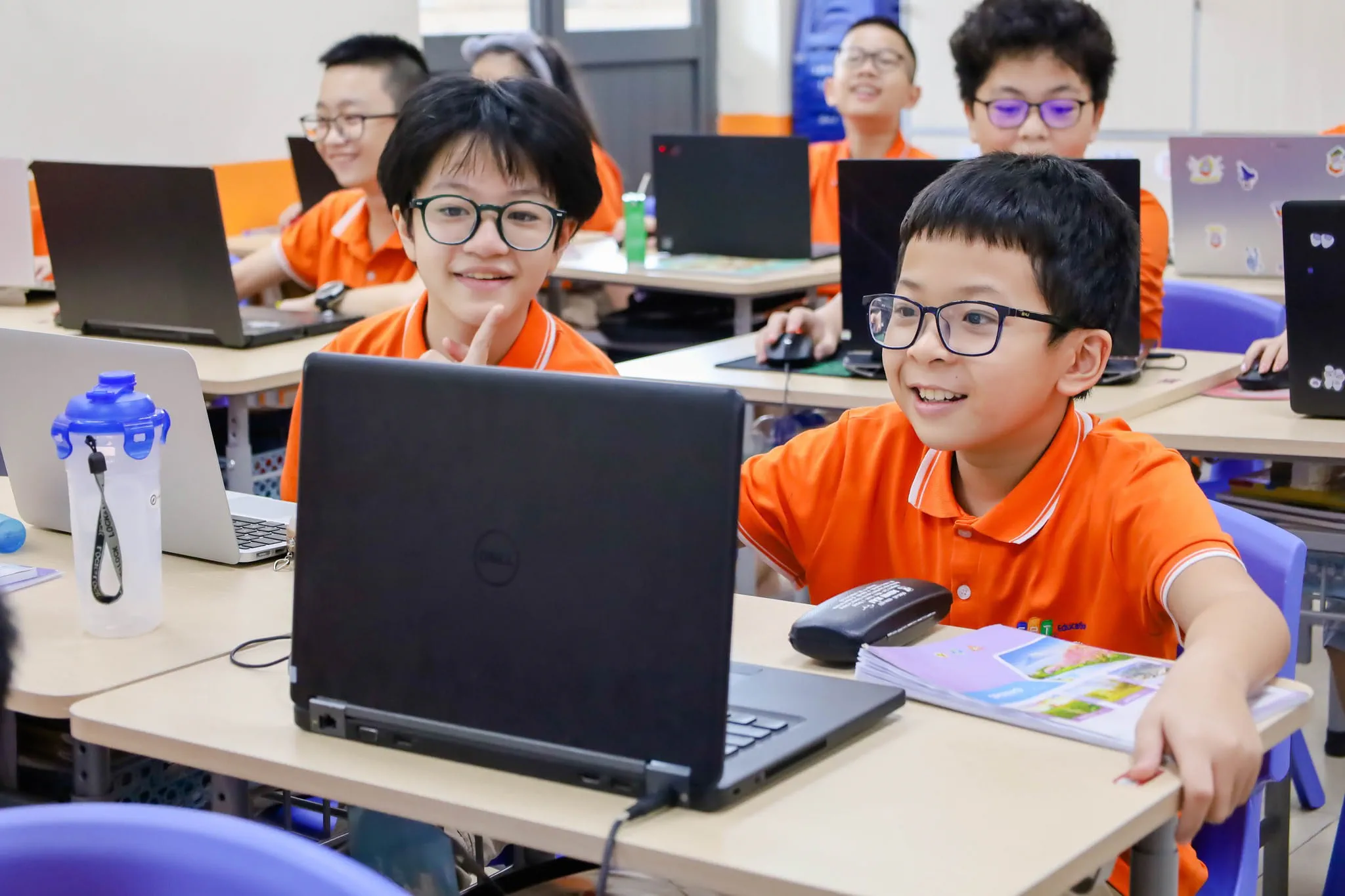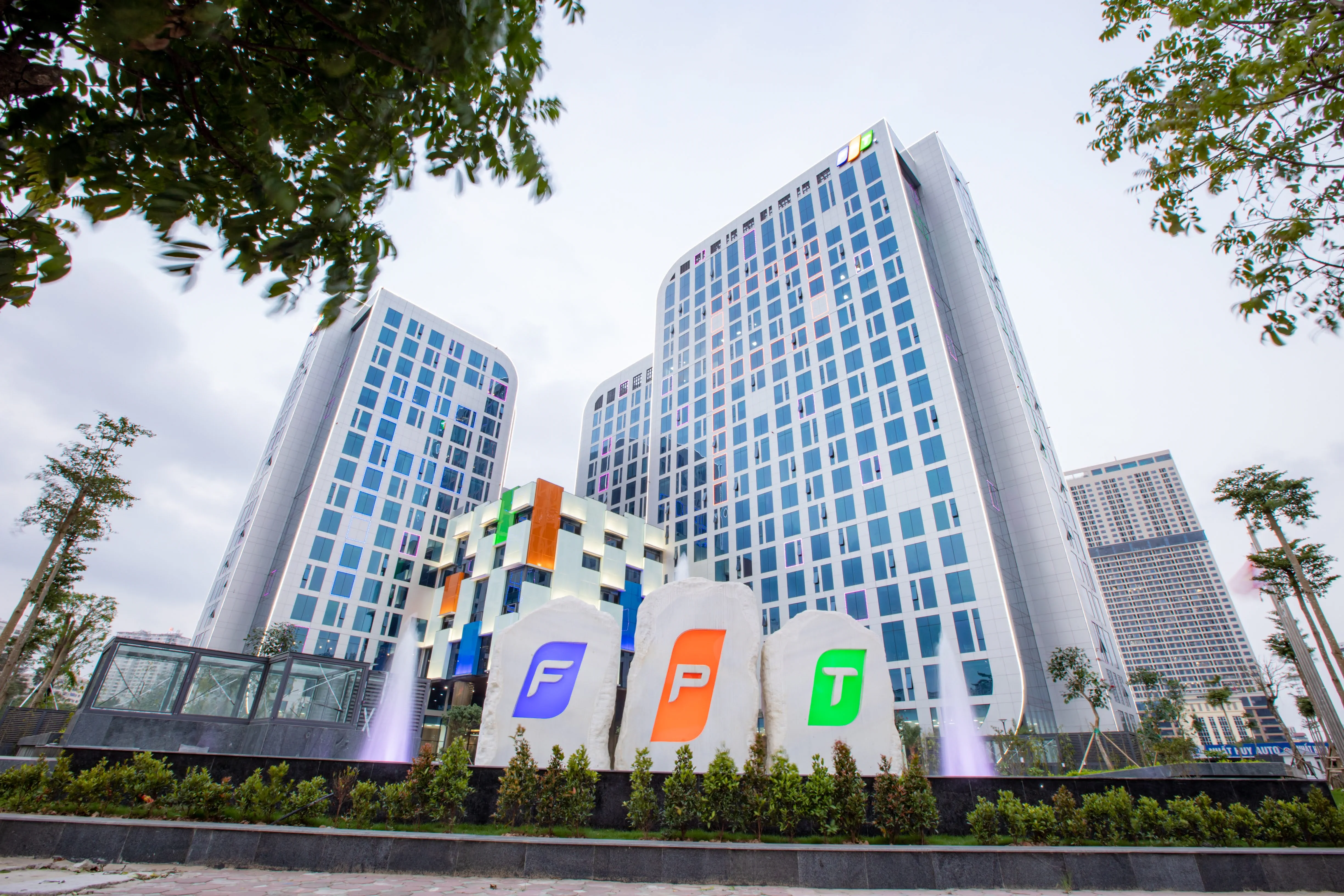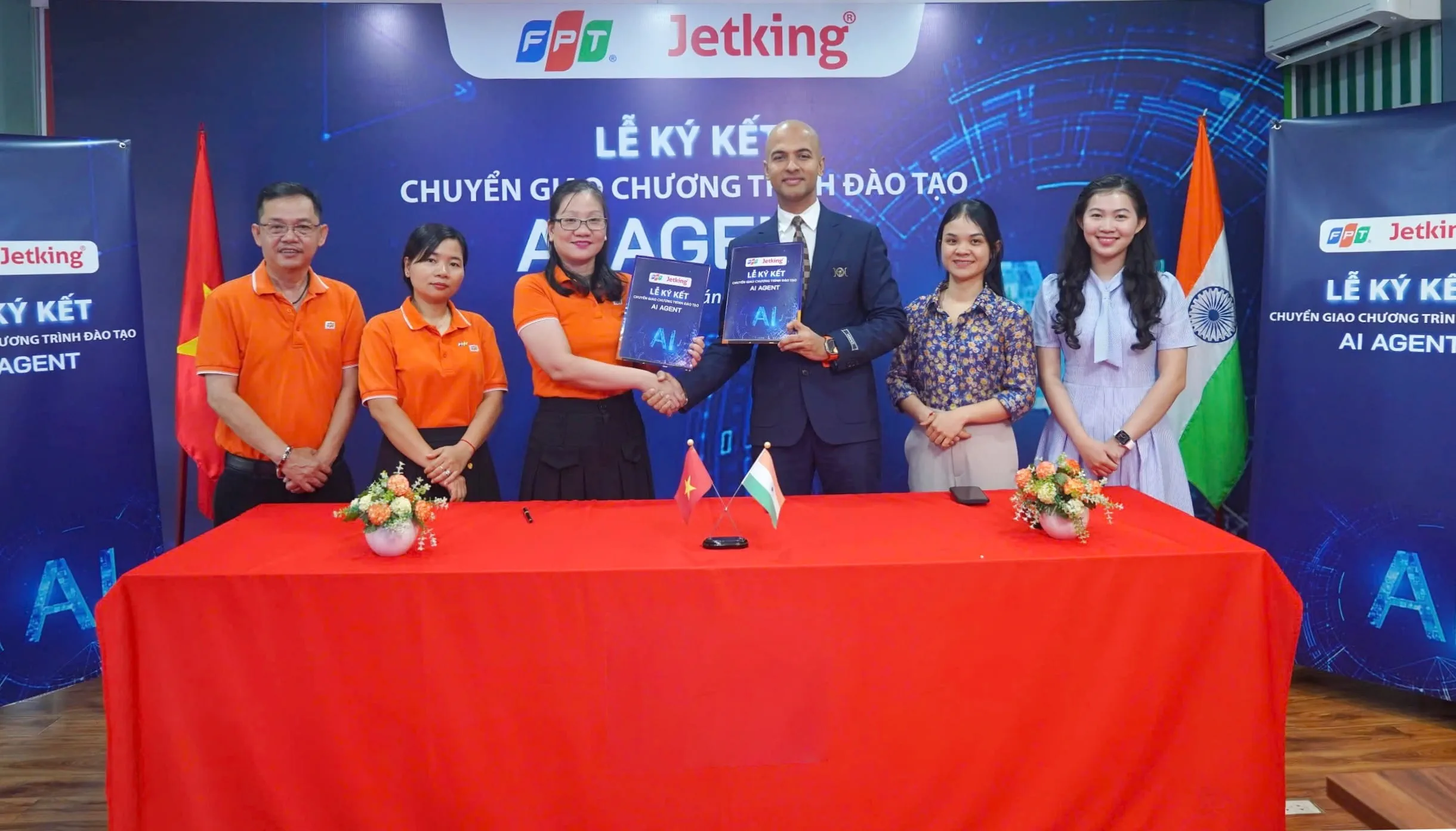To avoid being replaced by AI: Students need to start from grade 1
•
03/07/2025
The job market is silently rolling under a massive tsunami. Powerful enough to destroy even the most secure positions, but quiet. It is the emergence of artificial intelligence (AI), a technology that never tires, never sleeps and just becomes smarter.
A scenario in which the market warns of major job losses

AI is said to be the cause of mass job losses.
The claim that "AI is changing everything" is no longer dramatic. The prospect of being replaced by a huge language model, a software robot, or an automated machine learning system is a stark reality that everyone can relate to, including bankers, accountants, consultants, journalists, and lawyers.
According to the 2024 research by the World Economic Forum (WEF), 69% of occupations worldwide would be impacted by AI during the next ten years. According to McKinsey, by 2030, over 800 million workers will require retraining in order to maintain their employment. Previously "safe" industries like media, healthcare, and education are also beginning to see significant shifts in the skill set. AI is subtly taking the place of a number of tasks, including customer service, book auditing, and banking transaction processing. Eighty percent of customer inquiries that once needed a team of dozens of people can now be answered by a chatbot.
In Vietnam, just by browsing popular recruitment platforms, it is clear that the requirement of “proficiency in AI tools” is becoming a mandatory criterion in many positions – especially in the fields of marketing, business administration, and information technology. A list of AI skills, such as understanding how to use campaign optimization tools, produce content with Copilot, and analyze data with ChatGPT, is becoming more and more common in job descriptions for popular professions like marketing, communications, administration, etc. Regardless of age or experience, applicants who lack digital abilities may be disqualified at the very beginning of the application process.
However, this change does not only bring risks but also opens up a whole new market, opening up opportunities for those who know how to seize them. Technology companies are hunting for thousands of AI engineers, data experts, and machine learning model operators. According to international surveys, the average salary of a top AI engineer can reach hundreds of thousands of USD/year. AI becomes a "golden" job market in the next decade - but only for those who prepare from today.
Numerous big businesses in Vietnam have started to develop an entire AI ecosystem, including platforms, data, and people resources. AI is creating new opportunities for educators, artists, content producers, and even students outside of the technical realm. AI has made it possible for high school teachers to create more engaging lessons. AI can be used by a young person who is passionate about creating videos to edit clips, add voices, and build virtual characters.
AI Education: The Strategic Race of the Great Powers
In late 2024, more than 250 CEOs from major technology corporations such as Microsoft, Meta, Uber, Dropbox, Zoom, etc. signed an open letter to US state governors, requesting that AI and computer science become mandatory subjects in high schools. Not because businesses lack human resources, but because the US is facing the risk of being surpassed by China - a country that has started teaching AI from elementary school.
China has declared that all first-graders will study artificial intelligence for at least eight hours annually beginning in the 2025–2026 academic year. Beijing has already laid up a comprehensive national plan to completely overhaul the educational system and establish itself as the global center for artificial intelligence by 2030.
The US is still in "broken leg"situation because it lacks the infrastructure and teachers necessary to teach AI in rural and impoverished states, whereas China is constructing AI labs, holding national AI innovation competitions, and incorporating technological projects like chatbots and smart agriculture into the curriculum.
AI has evolved into a strategic "soft weapon" and is no longer just a technological tale. Any nation will lead in innovation, labor productivity, and geopolitical influence if it teaches its people to comprehend and employ AI from an early age. Additionally, it is the reason why the AI race has spread from research labs to classrooms.
AI training from high school, when did Vietnam start?
In Vietnam, the shift to generative AI training is still very new. However, there are pioneering models that have started early.

A lesson at FPT Schools
FPT is one of the few initiatives that actively incorporates AI into elementary school curricula, not only as a stand-alone lesson but as one of the three primary pillars of robotics, coding, and STEM. Instead of learning how to become engineers, students learn how to perceive issues, comprehend machine logic, and use technology to solve them. In order to teach high school pupils how to observe, ask questions, and solve problems using contemporary tools, the school collaborates with the Massachusetts Institute of Technology (MIT) to implement an AI software created especially for them.
FPT also aims to provide AI skills to 500,000 employees by 2030. In the context of the global boom in demand for AI human resources, these steps are not only an educational strategy, but also a foundation for long-term digital economic development.
AI is not just a technology, but the “new language” of the world of work. From the letter from 250 US CEOs, to China’s AI education reform plan, to AI popularization models like FPT Schools – all show: The game has begun. And if you, or your children, are not ready to learn, apply and master AI from today, you will most likely be the one left behind by that game.




